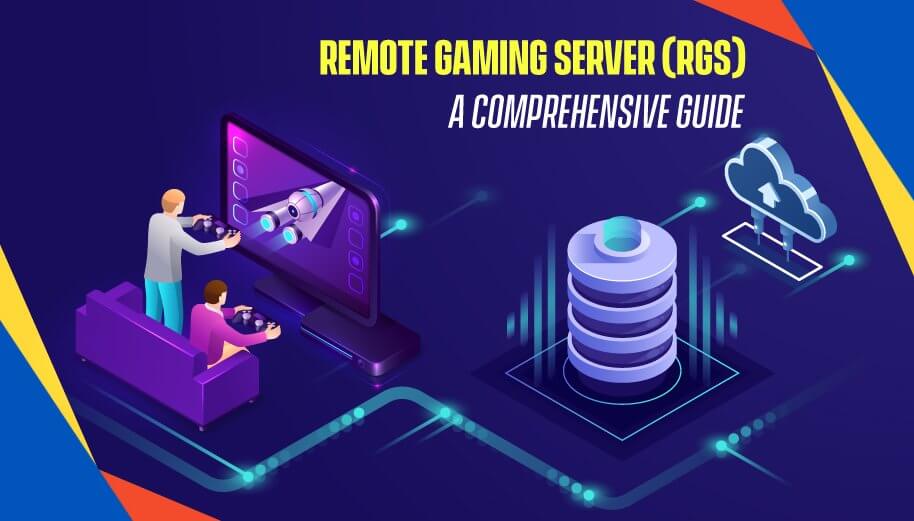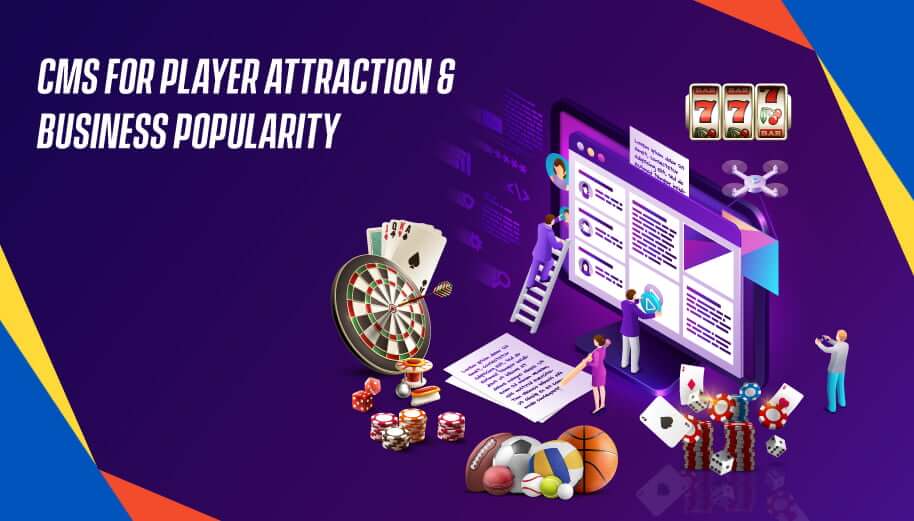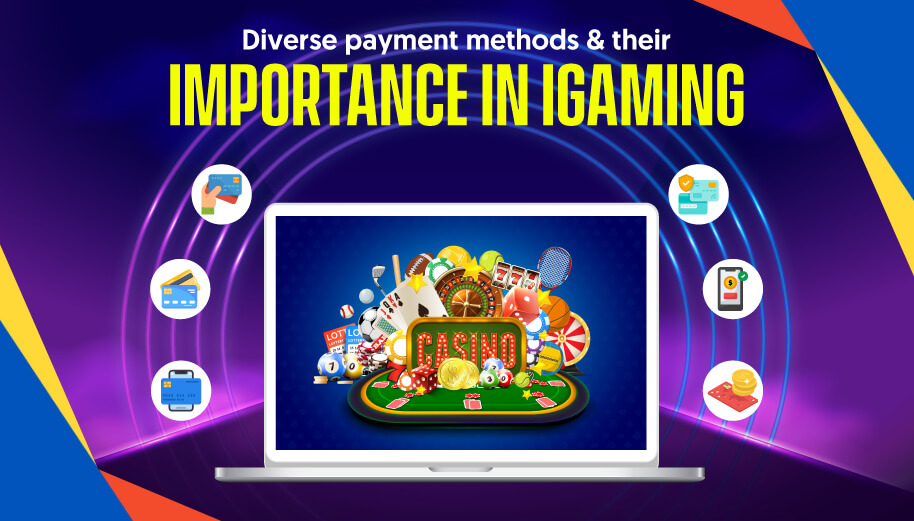
TABLE OF CONTENTS
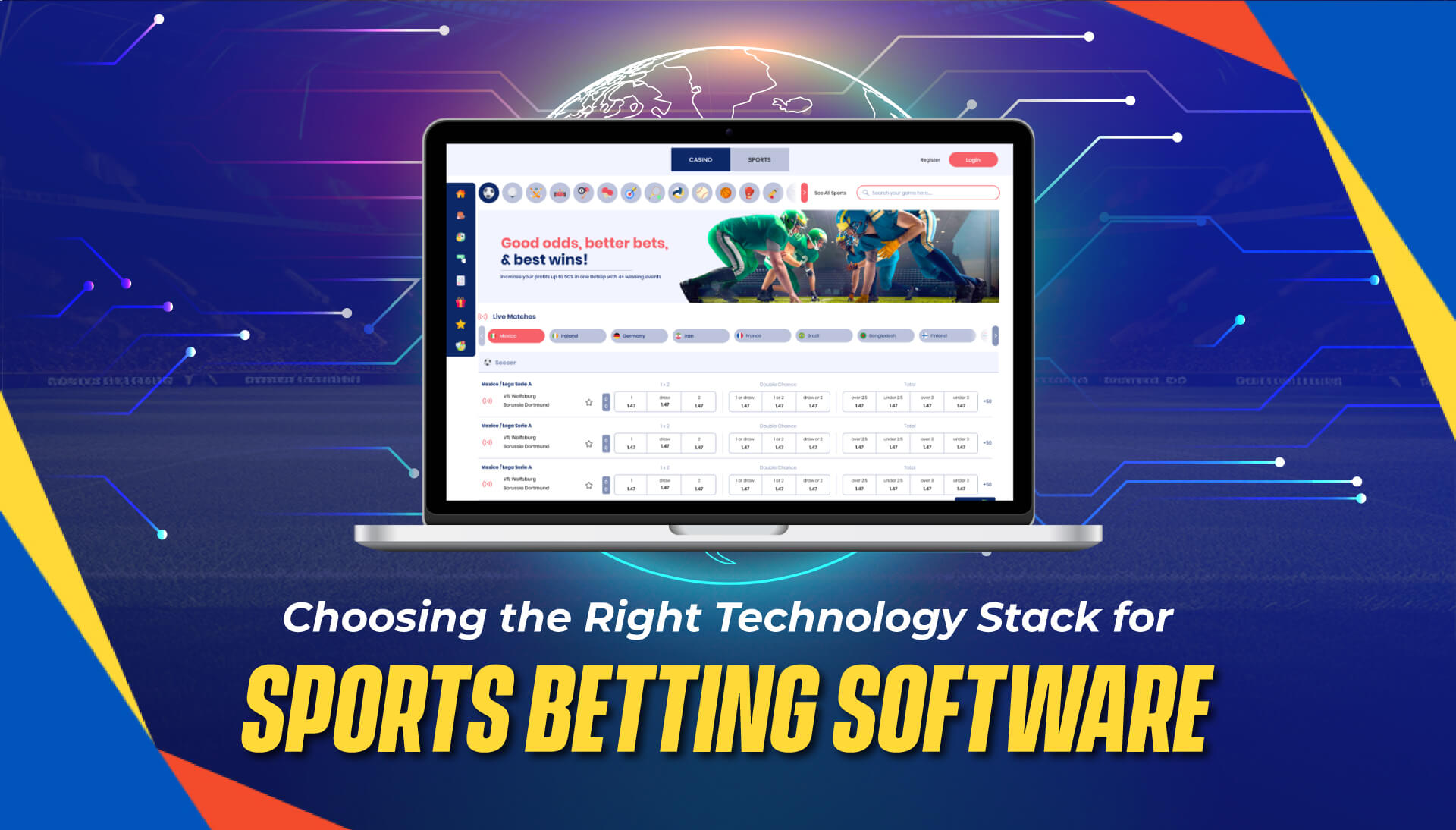
The sports betting industry has experienced a significant digital transformation in recent years. With the proliferation of online betting platforms, the demand for sports betting software has grown exponentially. Whether you are a startup looking to enter the market or an established sportsbook operator aiming to revamp your platform, one critical decision you must make is selecting the right technology stack for your sports betting software technology. The betting technology stack selection can have a profound impact on the performance, scalability, security, and overall user experience of your platform. In this blog, we will explore the top betting software tech choices and the key factors to consider when making this crucial decision.
Phases Of Development & The Betting Tech Stack Selection
Front-end Development
The frontend of your sports betting software is the user-facing part of the platform, and it is what your customers will interact with. When choosing a technology stack for the frontend, you should consider factors like user interface (UI), user experience (UX), and cross-device compatibility.
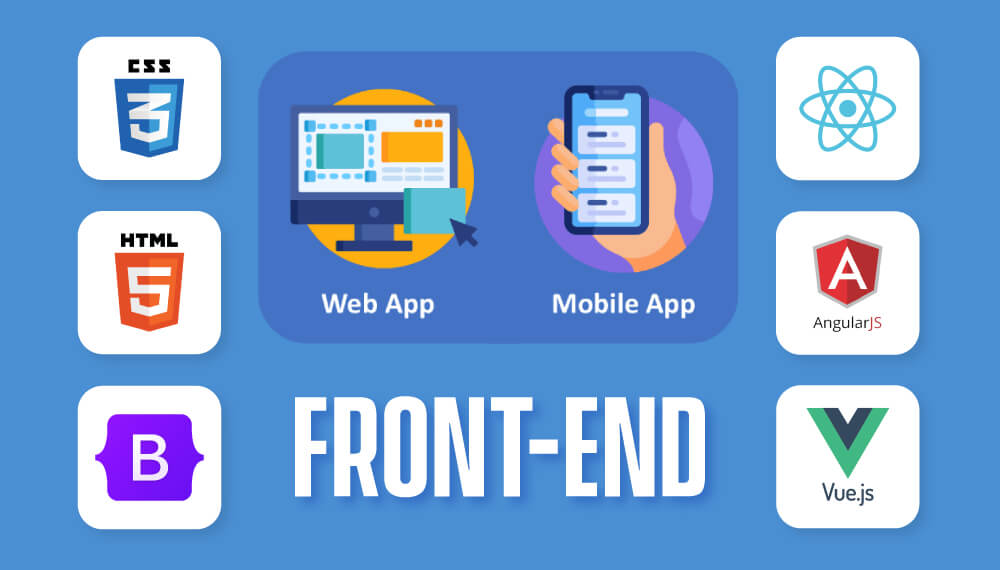
Some popular technologies for frontend development include JavaScript frameworks like React, Angular, and Vue.js, HTML5, CSS, and so on. These frameworks offer a responsive, visually appealing, and seamless user experience.
Backend Development
The backend of your sports betting software is responsible for handling data, business logic, and interactions with databases and external APIs. It's essential to choose a technology stack that can handle high volumes of data and traffic efficiently.
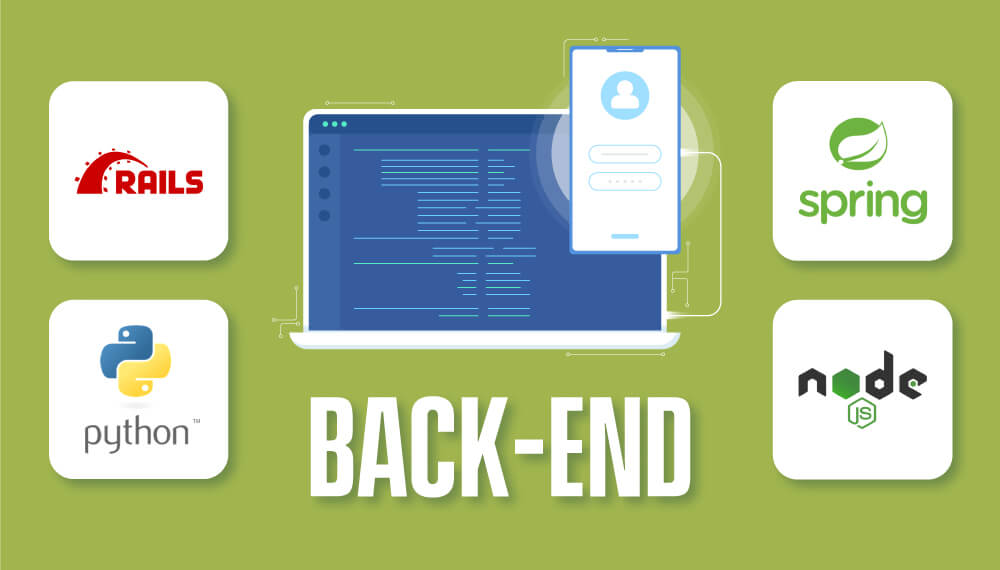
Common backend technologies include Node.js, Ruby on Rails, Python (Django, Flask), and Java (Spring). The betting tech stack selection should be based on your team's expertise and the scalability requirements of your platform.
Database Management
Efficient data management is critical in sports betting software development. The database technology you choose will impact data storage, retrieval, and overall system performance.
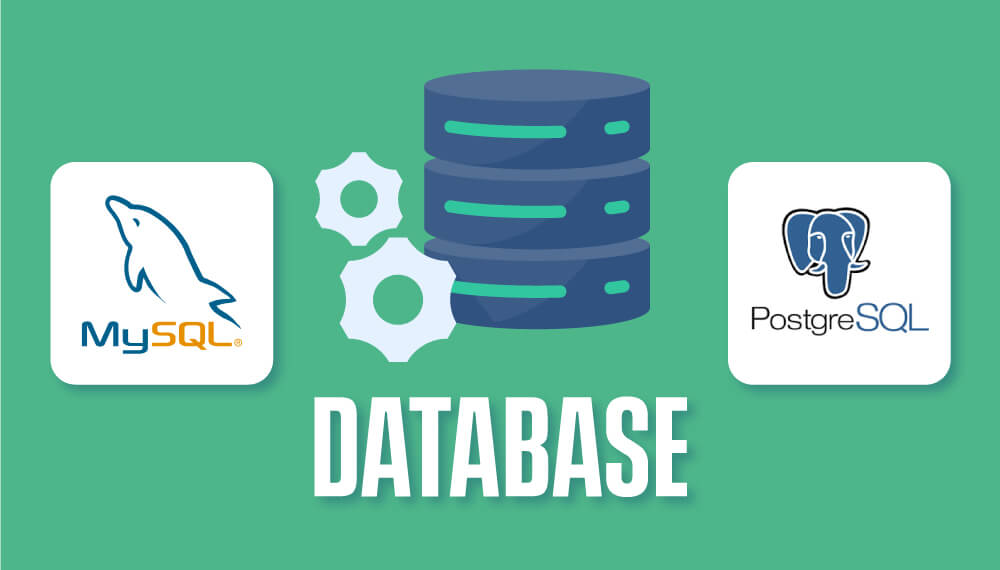
Relational databases like MySQL and PostgreSQL are commonly used for structured data, while NoSQL databases like MongoDB and Cassandra are suitable for unstructured or semi-structured data. The gaming businesses need to consider the volume and complexity of the data you'll be dealing with when making this betting technology stack selection.
Read More Blogs from Diverse Categories
Factors To Consider When Choosing Sports Gambling Software Stack
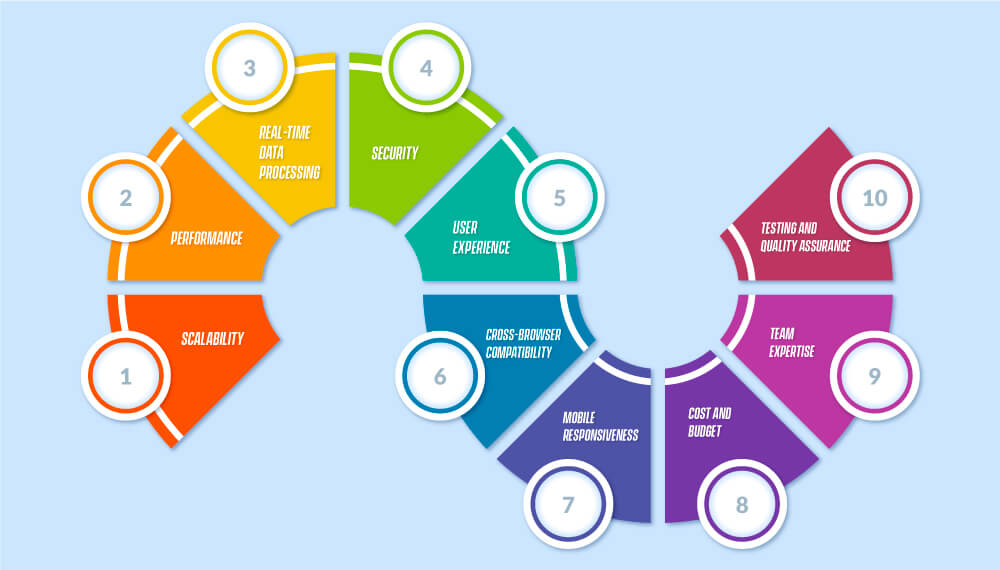

Scalability
Consider the potential growth of your user base and the volume of data your platform will handle. Your technology stack should be able to scale horizontally and vertically to accommodate increasing demand.

Performance
Ensure that your technology stack can deliver high-speed performance, especially when it comes to processing bets, updating odds, and providing real-time information to users.

Real-time Data Processing
Real-time data updates are crucial in sports betting. Look for technologies that support real-time data processing to keep users informed of odds changes, scores, and events.

Security
The sports betting industry involves sensitive user information and financial transactions. Your betting technology stack selection should include robust security measures, encryption, and compliance with industry regulations to protect user data and maintain trust.

User Experience
The sports betting solution should enable a responsive and user-friendly interface to players. Hence, considering frameworks like React, Angular, or Vue.js for building a smooth and visually appealing user experience is elemental.

Cross-Browser Compatibility
Ensure that your frontend technology supports cross-browser compatibility to reach a wide range of users across different web browsers.

Mobile Responsiveness
With the increasing use of mobile devices, it's important that your sportsbook software development is mobile-responsive, providing an optimal experience for users on smartphones and tablets.

Cost and Budget
Consider your budget constraints and the cost of technology components. Some technologies may have licensing fees or require significant development resources.

Team Expertise
Assess the expertise of your development team. The betting software tech choices should align with your team's skills and experience to expedite development and troubleshooting.

Testing and Quality Assurance
Choose a technology stack that facilitates comprehensive testing and quality assurance. Automated testing tools and frameworks can streamline this process.
Interested For Player Attraction & Business Popularity?
What More To Customise Using Betting Tech Stack?
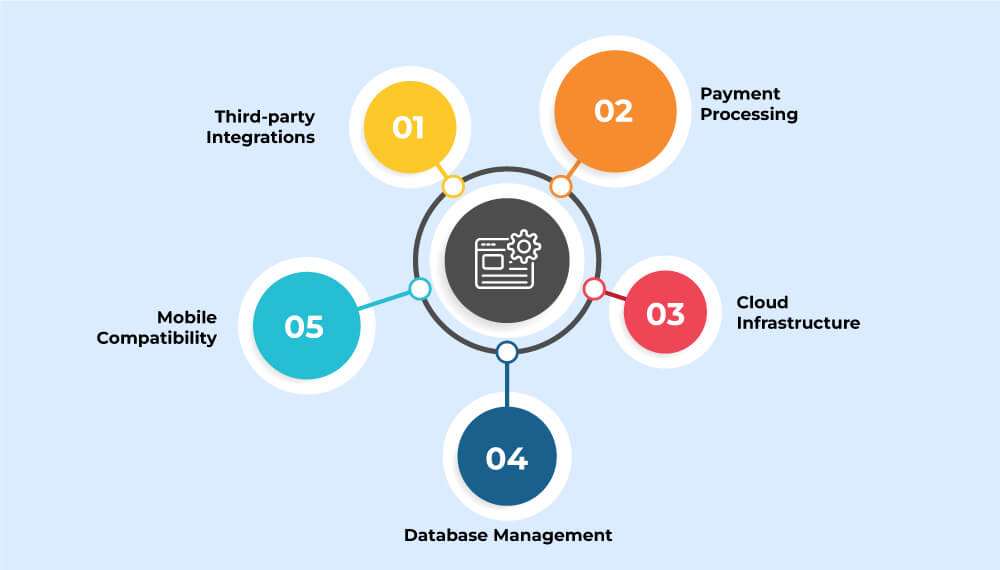
Third-party Integrations
Sports betting solutions often require integration with third-party services, such as payment gateways, data providers, or odds APIs/aggregators. Ensure that your sports betting technology stack allows for seamless integration with these services.
Payment Processing
Payment processing is a critical aspect of sports betting software for catching players from cross-borders via globally accepted wagers and transactions. Choosing the best-fit betting tech stack facilitates various payment methods integrated with international gateways to streamline financial transactions.
Cloud Infrastructure
Leveraging cloud services can provide the scalability and reliability needed for sports betting platforms. At GammaStack, we recommend employing AWS, GCloud, Azure, or Hard Metal Server to offer the needed infrastructure on-demand, making it easier to manage spikes in traffic.
Database Management
Making the right betting software tech choices for factors such as data volume, data structure, and data relationships is very crucial. Both relational and NoSQL databases have their uses in sports betting platforms.
Mobile Compatibility
The betting technology stack tips suggest technologies that go well with seamless mobile gambling experience. Therefore, identifying whether to build native mobile apps for iOS and Android or use cross-platform development tools is essential.
Sportsbook Software Development Process
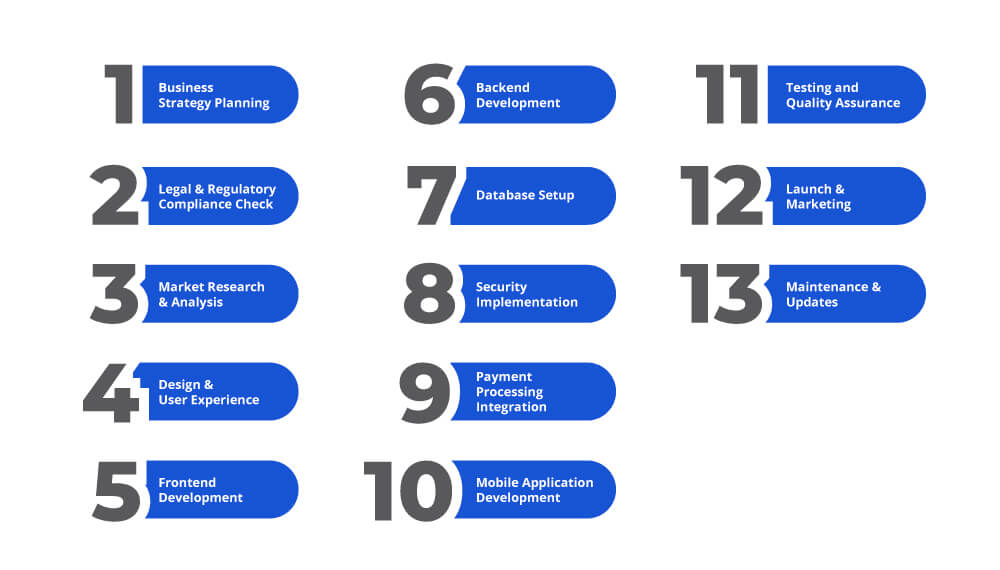
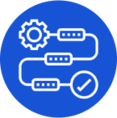
Business Strategy Planning
Determine your target audience, geographical scope, and the types of sports and betting market you want to offer. Establish a business plan, revenue model, and key performance indicators (KPIs) to measure success.
Legal & Regulatory Compliance Check
Research and understand the legal and regulatory requirements in your target markets. We assist businesses with the plan to obtain the necessary licences and permits to operate legally in chosen jurisdiction.

Market Research & Analysis
Analyse the competitive landscape to understand the strengths and weaknesses of existing sports betting solutions. Identify market gaps and opportunities to differentiate your platform.
Design & User Experience
Create wireframes and mockups for the user interface (UI) and user experience (UX). Design the layout, navigation, and visual elements of your platform to provide an engaging and intuitive experience for users.
Frontend Development
Develop the frontend of your sports betting platform using the chosen sports gambling software stack. Implement responsive design to ensure compatibility with various devices and screen sizes.

Backend Development
Build the backend infrastructure that handles data processing, user accounts, bets, and payment transactions. Here, we ensure that the backend supports real-time data updates and provides secure access to the database.

Database Setup
The betting software development here lets you choose the appropriate database management system based on your data requirements (e.g., relational or NoSQL). Create and configure the database to store user data, betting history, odds, and other relevant information.
Security Implementation
Implement robust security measures, including encryption, firewalls, and authentication mechanisms. This is a vital part of the process which performs regular security audits and penetration testing to identify and address vulnerabilities.
Payment Processing Integration
Integrate payment gateways with full compatibility to your betting tech stack to facilitate deposits, withdrawals, and financial transactions. This ensures support for various payment methods, including credit cards, e-wallets, and cryptocurrencies.
Mobile Application Development
Decide whether to develop native mobile apps for iOS and Android or opt for cross-platform development. Create mobile applications to provide users with a convenient way to access your sports betting platform.

Testing and Quality Assurance
Conduct comprehensive testing to identify and resolve bugs and issues. The process undergoes performing usability testing and load testing to ensure the platform functions smoothly and efficiently.
Launch & Marketing
Prepare for a successful launch by creating a marketing strategy. The step also includes attracting and retaining users through targeted marketing campaigns and promotions.

Maintenance & Updates
Developing sports betting software is an ongoing process that requires ongoing maintenance and adaptation to industry changes and user feedback. Continuously monitoring and maintaining your sports betting platform to roll out regular updates, new features, and bug fixes is pivotal to improve the user experience and stay competitive.
GammaStack: One-Stop Sports Betting Software Technology Provider
FAQs
Selecting the right betting tech stack is crucial because it directly impacts the performance, scalability, security, and user experience of your sports betting software. It influences how efficiently your platform handles data, real-time updates, and user interactions.
When selecting a frontend technology stack, you should consider factors such as user interface (UI), user experience (UX), and cross-device compatibility.
Security is critical. You should choose a technology stack that supports robust security protocols, encryption methods, and compliance with industry regulations. Regular security audits and penetration testing are essential to identify and address vulnerabilities
Consider the volume and complexity of data your platform will handle. Choose between relational databases like MySQL or PostgreSQL for structured data and NoSQL databases like MongoDB for unstructured or semi-structured data.
Yes, it can support mobile versions. You can choose to develop native mobile apps for iOS and Android or use cross-platform development tools like React Native or Flutter to ensure mobile compatibility.
Cloud services like AWS, Google Cloud, or Azure offer scalability, reliability, and cost-efficiency. They provide resources on demand, allowing you to scale your platform based on traffic and data requirements.
Select a betting tech stack that can adapt to changes in regulations. Regularly monitor and update your software to ensure compliance with evolving legal requirements in the sports betting industry.
